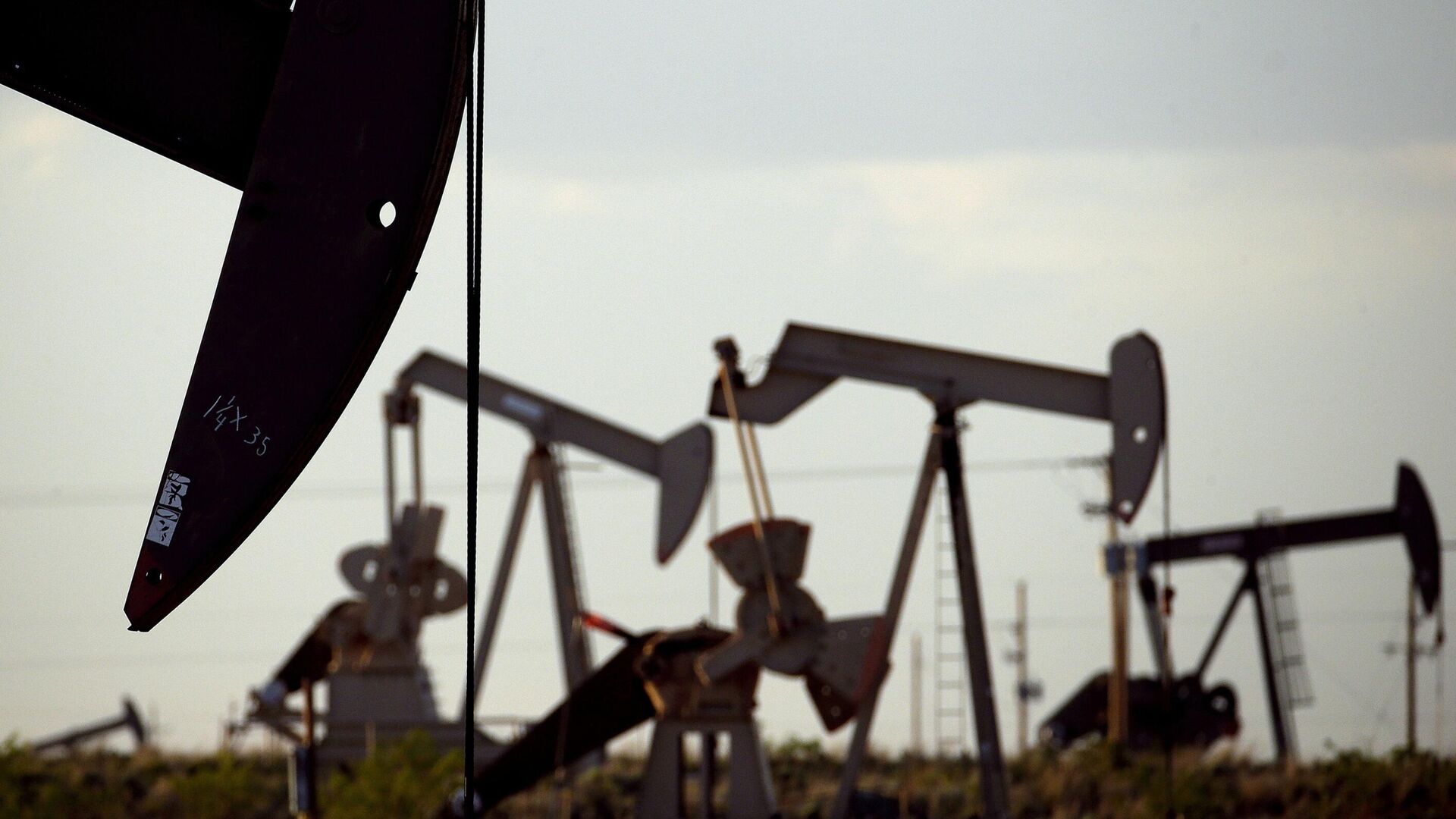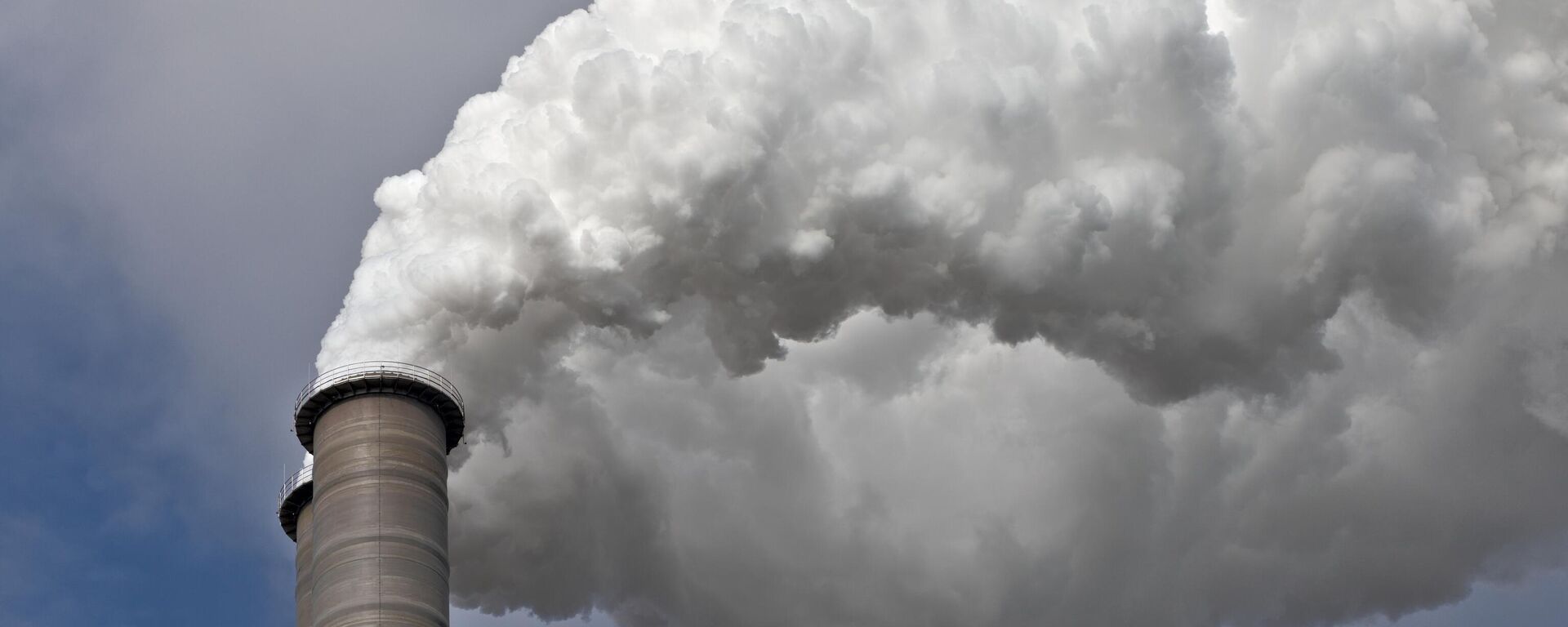https://en.sputniknews.africa/20241012/africa-calls-for-moratorium-on-eu-carbon-tax-1068652833.html
Africa Calls for Moratorium on EU Carbon Tax
Africa Calls for Moratorium on EU Carbon Tax
Sputnik Africa
The EU's Carbon Border Adjustment Mechanism (CBAM) began a phased implementation in fall 2023, initially gathering data on carbon emissions associated with... 12.10.2024, Sputnik Africa
2024-10-12T11:04+0200
2024-10-12T11:04+0200
2024-10-14T11:13+0200
sub-saharan africa
africa
carbon credits
carbon
oil
climate change
climate
https://cdn1.img.sputniknews.africa/img/07e8/07/10/1067521966_0:415:2828:2006_1920x0_80_0_0_29ffd6463a10604bda4421235b4f9a97.jpg
African oil producers are demanding a suspension of the implementation of the European Union's Carbon Border Adjustment Mechanism for goods imported from African countries.According to estimates by the African Climate Fund, African countries could collectively lose approximately $25 billion annually due to the EU's upcoming CBAM implementation.The EU began phasing in the CBAM, essentially a system of customs duties on carbon emissions during the production of goods imported into the EU from countries with weaker climate regulations, in the fall of 2023. Until January 2026, the system will operate in an information gathering mode.Brussels plans to gradually impose the "green tariff" on all goods imported into the EU starting in 2026, with the full implementation expected by 2034. By that year, the cost of carbon emissions is meant to be an inherent part of the price of all goods sold within the EU.
https://en.sputniknews.africa/20240529/its-not-fair-climate-activist-from-south-africa-comments-on-european-unions-carbon-tax-levy-1066791383.html
africa
Sputnik Africa
feedback@sputniknews.com
+74956456601
MIA „Rossiya Segodnya“
2024
Muhammad Nooh Osman
https://cdn1.img.sputniknews.africa/img/07e7/04/0a/1058467512_0:0:1280:1280_100x100_80_0_0_ec723833bcbfcaed2e21952965ad99e4.jpg
Muhammad Nooh Osman
https://cdn1.img.sputniknews.africa/img/07e7/04/0a/1058467512_0:0:1280:1280_100x100_80_0_0_ec723833bcbfcaed2e21952965ad99e4.jpg
News
en_EN
Sputnik Africa
feedback@sputniknews.com
+74956456601
MIA „Rossiya Segodnya“
Sputnik Africa
feedback@sputniknews.com
+74956456601
MIA „Rossiya Segodnya“
Muhammad Nooh Osman
https://cdn1.img.sputniknews.africa/img/07e7/04/0a/1058467512_0:0:1280:1280_100x100_80_0_0_ec723833bcbfcaed2e21952965ad99e4.jpg
africa, carbon credits, carbon, oil, climate change, climate
africa, carbon credits, carbon, oil, climate change, climate
Africa Calls for Moratorium on EU Carbon Tax
11:04 12.10.2024 (Updated: 11:13 14.10.2024) Muhammad Nooh Osman
Writer/Editor
The EU's Carbon Border Adjustment Mechanism (CBAM) began a phased implementation in fall 2023, initially gathering data on carbon emissions associated with imported goods from countries with weaker climate regulations. Full implementation will begin in 2026 and is expected to be fully operational by 2034.
African oil producers are demanding a suspension of the implementation of the European Union's
Carbon Border Adjustment Mechanism for goods imported from African countries.
"Africa cannot develop without fossil fuels. Africa deserves better," stated Dr. Omar Farouk Ibrahim, the Secretary General of the African Petroleum Producers' Organization (APPO), at the ongoing Africa Oil Week in South Africa, arguing that the EU's planned tax threatens the economic growth of African nations.
According to estimates by the African Climate Fund, African countries could collectively lose approximately $25 billion annually due to the EU's upcoming CBAM implementation.
The EU began phasing in the CBAM, essentially a system of customs duties on carbon emissions during the production of goods imported into the EU from countries with weaker
climate regulations, in the fall of 2023. Until January 2026, the system will operate in an information gathering mode.
Brussels plans to gradually impose the "green tariff" on all goods imported into the EU starting in 2026, with the full implementation expected by 2034. By that year, the cost of carbon emissions is meant to be an inherent part of the price of all goods sold within the EU.



